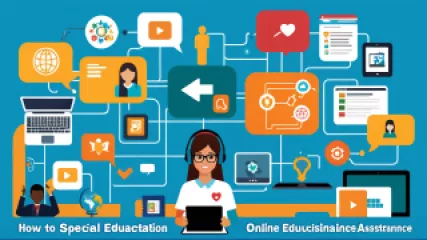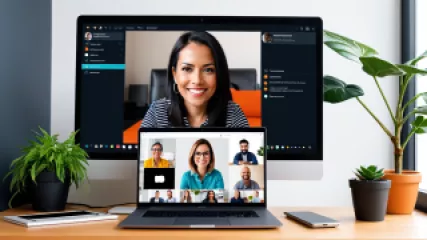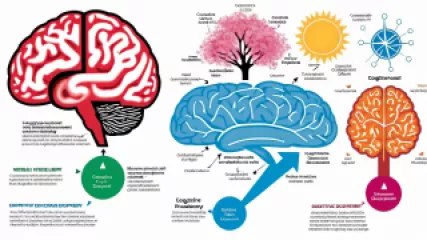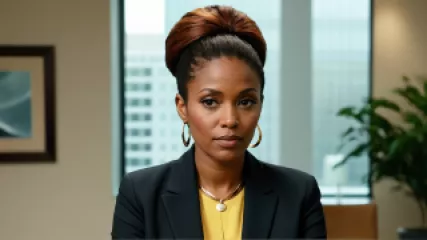A Step-by-Step Guide to Emotional Healing After Divorce
1 year ago
Dealing with Divorce
Overcoming Cognitive Distortions: My Personal Journey
1 year ago
Cognitive Distortion Types
My Journey of Embracing Changing Gender Roles
1 year ago
Gender Roles in Society
Uncovering Learning Styles: An Interview with an Expert
1 year ago
Learning Styles
Overcoming the Victim Mentality: A Research-Backed Approach
1 year ago
Overcoming Victim Mentality
How to Access Special Education Assistance Online
1 year ago
Special Education
10 Powerful Ways Spirituality Can Boost Mental Health
1 year ago
Spirituality and Mental Health
How Overcoming Bias Empowered This Leader
1 year ago
Confronting Bias
The Ultimate Guide to Psychoeducation Resources
1 year ago
Psychoeducation
The Compelling Benefits of Remote Life Coaching
1 year ago
Life Coaching Advantages
The Power of Positive Reinforcement in Mental Health Recovery
1 year ago
Positive Reinforcement
What Are the Best Ways to Get Professional Help for Panic Attacks?
1 year ago
Panic Attacks
Exploring the Foundations of Cognitive Development
1 year ago
Cognitive Development
10 Best Tips to Manage Retirement Anxiety
1 year ago
Retirement Anxiety
Navigating Mental Health Policy: An Expert Interview
1 year ago
Policy and Mental Health














